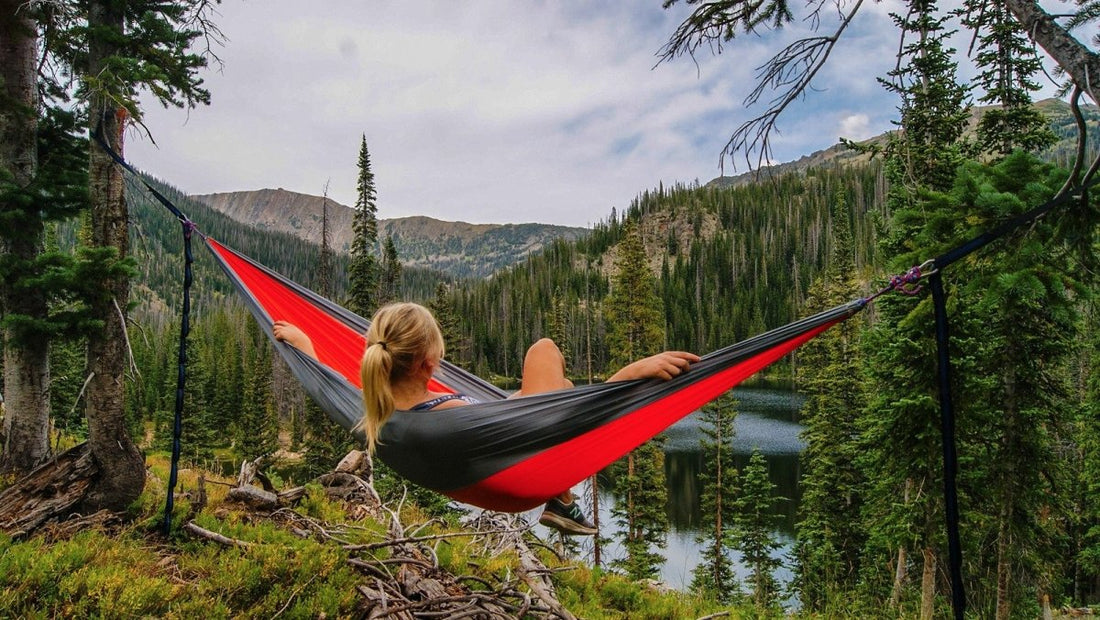
10 Tips for Hammock Camping
Tips for Hiking, Backpacking, and Camping with a Hammock
Parachute hammocks have become a popular trend in the hiking, backpacking, and camping communities. If you frequent any outdoor themed Instagram accounts you've probably seen countless photos of hammocks overlooking breathtaking landscapes and been inspired to bring a hammock on your next adventure. Whether you are looking to ditch your tent for a full hammock setup or just bring a hammock hiking to enjoy a relaxing view, this guide to hammock camping has everything you need to set up the perfect backcountry hang.
1. Choose the Right Hammock
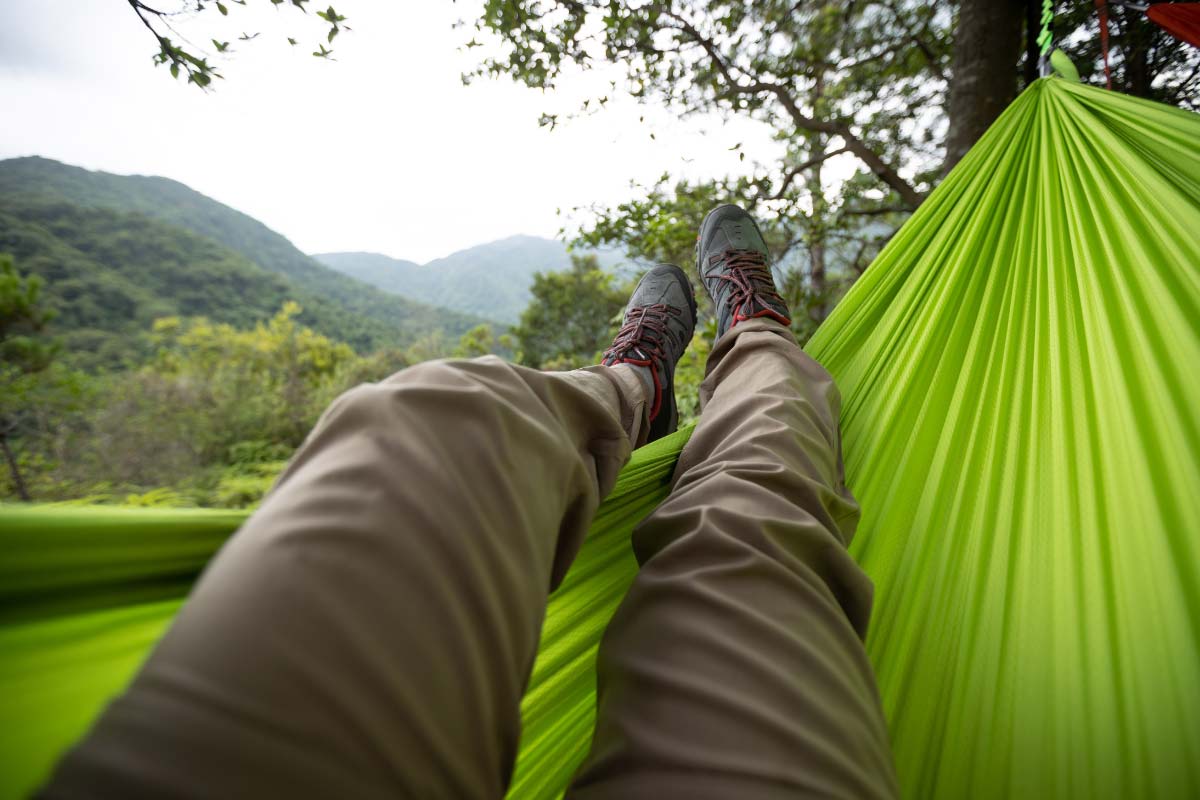
These days it seems like there are 100s of companies making backpacking hammocks. The number of options can be overwhelming. Many of them make great hammocks, but we want to avoid cheap knock offs that use inferior materials and construction. We look for a few important markers of quality when selecting a hammock. First, we examine the seems to make sure they are triple stitched for strength, durability, and safety. Second, we look at the weight the hammock is rated to safely support. Third, if we are going to be backpacking or hiking with the hammock we look at how much it weighs, more expensive fabrics will be lightweight, durable and very strong. Fourth, we look at reviews online and from trusted blogs and outdoor publications. And lastly, we look at cost and value. For example, does the hammock include the straps for hanging or do those cost extra (more on tree straps next).
2. Tree Straps Making Hammock Hanging Easy
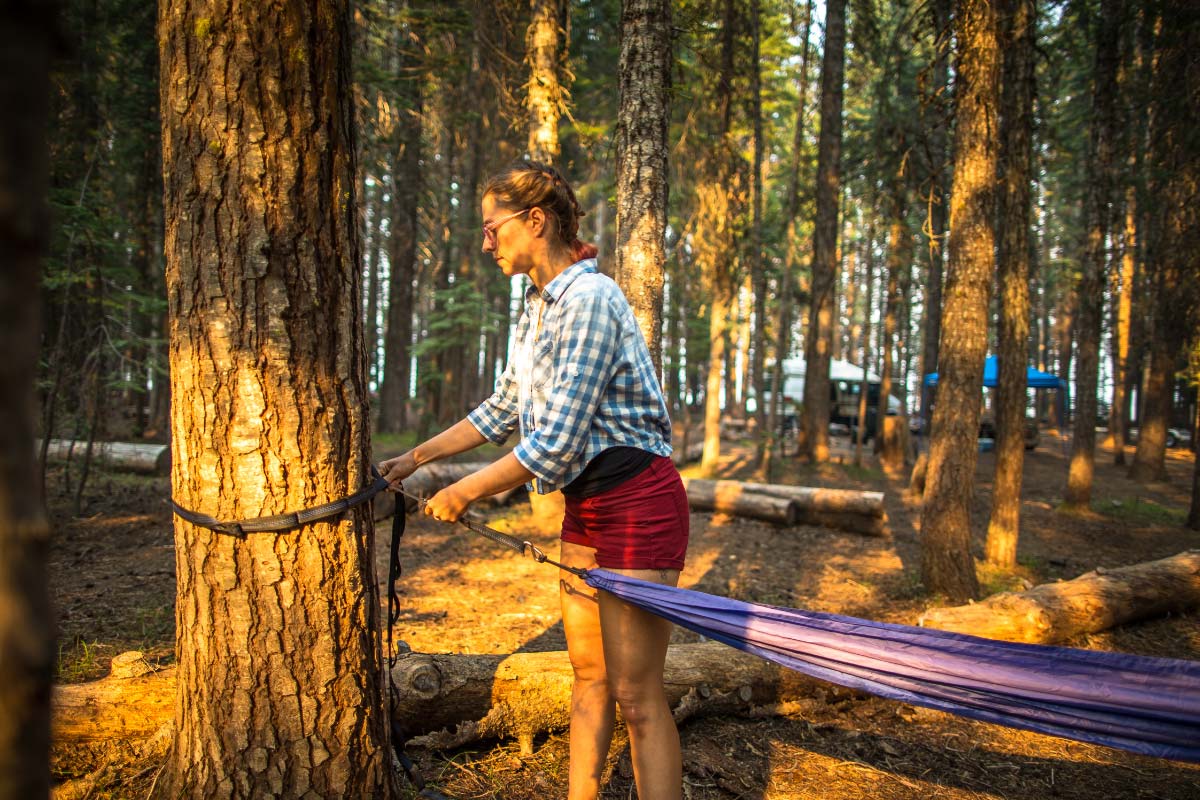
If your hammock doesn't come with tree straps they can be bought separately and are well worth the investment. They make hanging between any suitable trees quick and easy and because they are flat protect the tree's bark better than rope.
3. Let Your Hammock Hang Loose
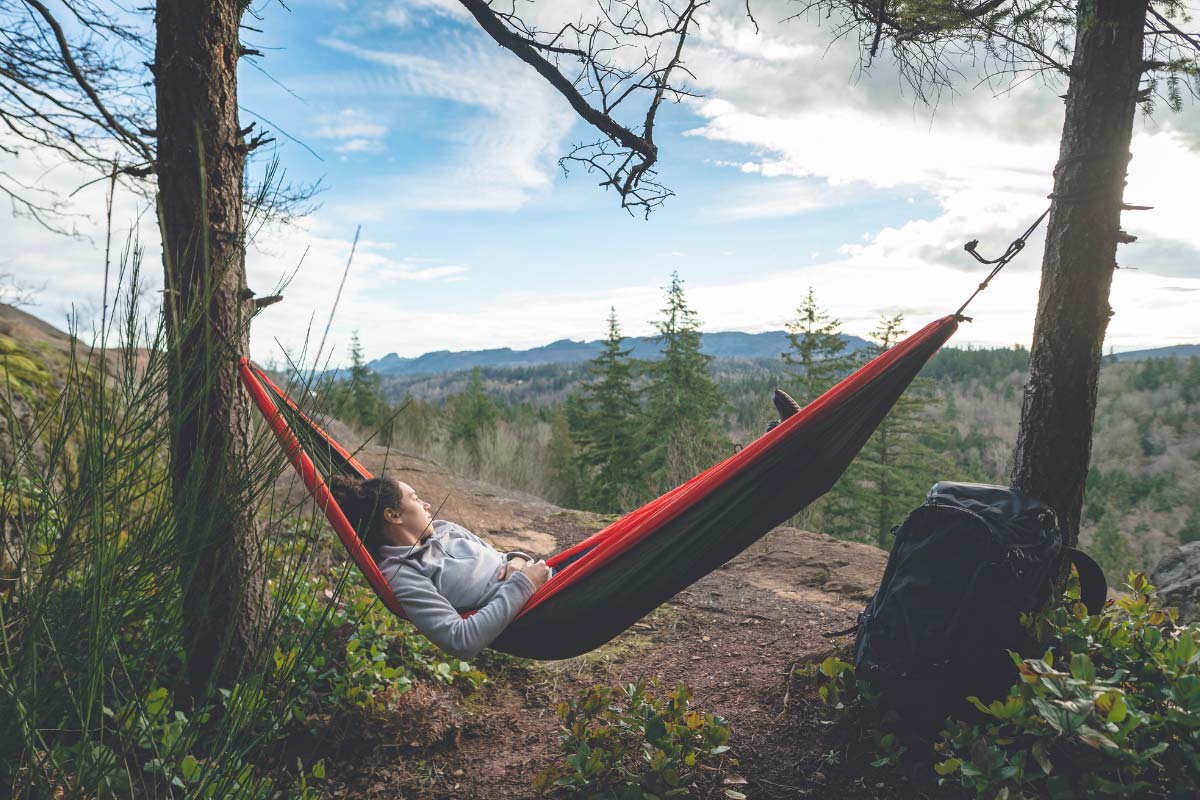
First time hammock campers often hang their hammock with little slack thinking this will be more comfortable. However, hanging it loose with slack in the middle actually makes the hammock easier to sit and lay in (more on laying in your hammock below). You should also aim to keep the hammock lower to the ground. A low hung hammock is better because you can reach your belongings on the ground without getting up and if you accidentally fall out of the hammock you won't get hurt.
Pro-Tip: Check out this free hammock hanging calculator from The Ultimate Hang.
4. Your Hammock Has a Handy Gear Pocket
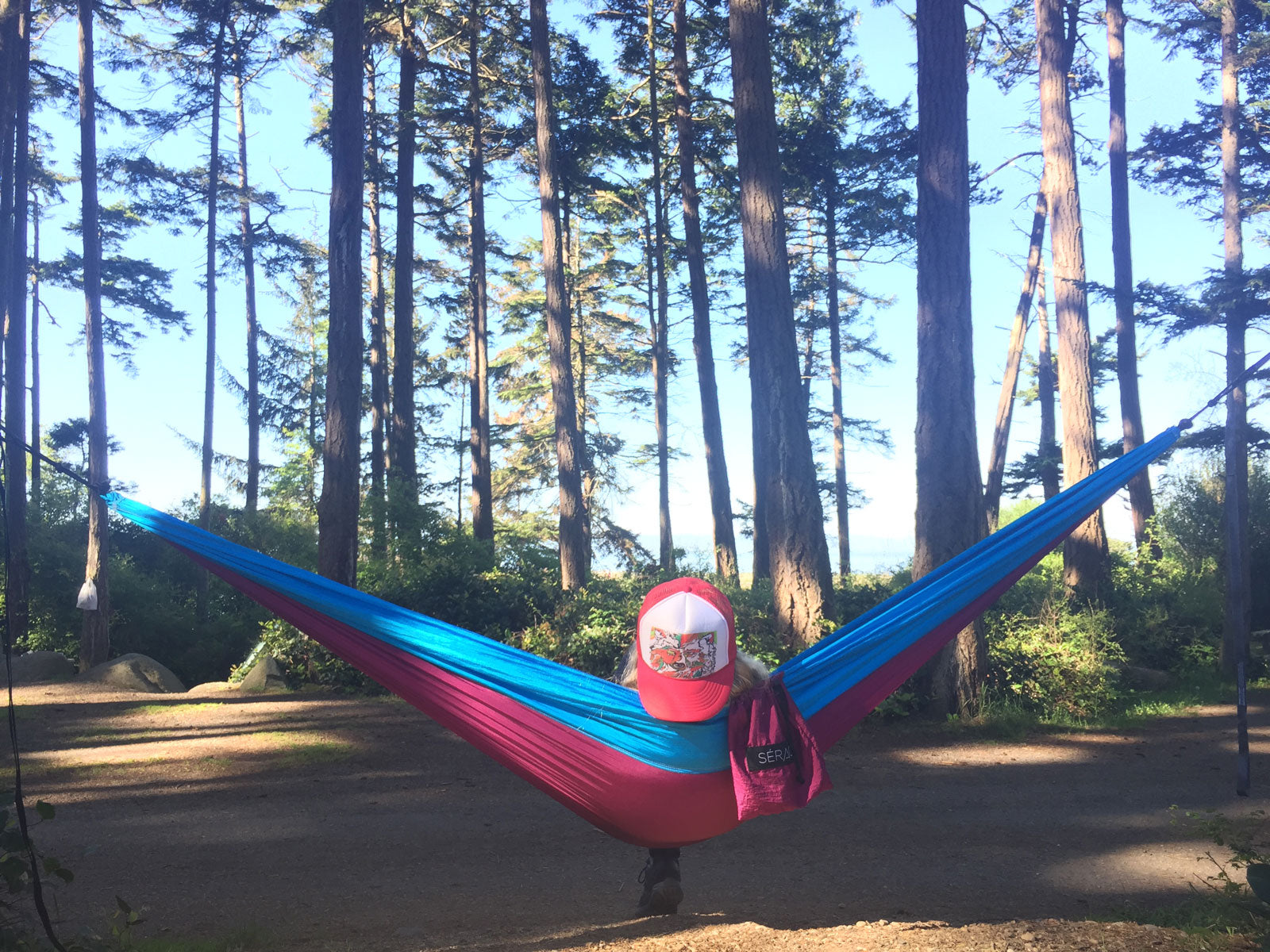
Your camping hammock probably has an attached stuff sack that everything conveniently packs into. While your hammock is hung this stuff sack becomes the perfect spot to keep your water bottle, headlamp, snacks, and more.
5. Lay in Your Hammock Diagonally

If you have properly hung your hammock it will have enough slack to allow you to stretch out angled horizontally (see above for tips on the proper hang). Try a 30 degree angle as a starting point and adjust as to whatever feels most comfortable, this will allow you to lay flat while relaxing or sleeping. At an angle, you can even sleep on your side (one of our favorite ways to sleep in our hammock).
6. Use a Sleeping Pad in Your Hammock
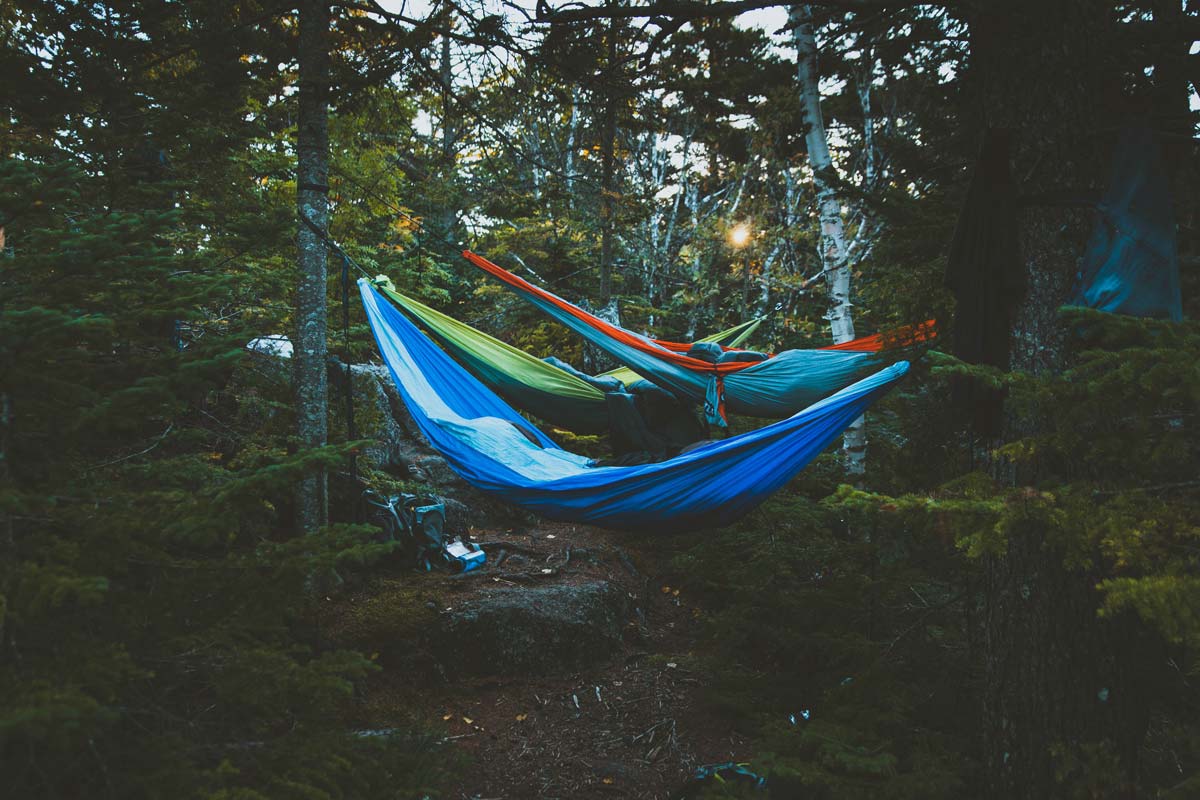
Even on warm nights, a hammock will be cooler than sleeping on the ground, since you are suspended in the breeze. You can add some warmth by laying a sleeping pad in your hammock. Mummy shaped sleeping pads work best, or you can grab a hammock specific sleeping pad with hammock wings.
7. Use a Warmer Sleeping Bag in Your Hammock
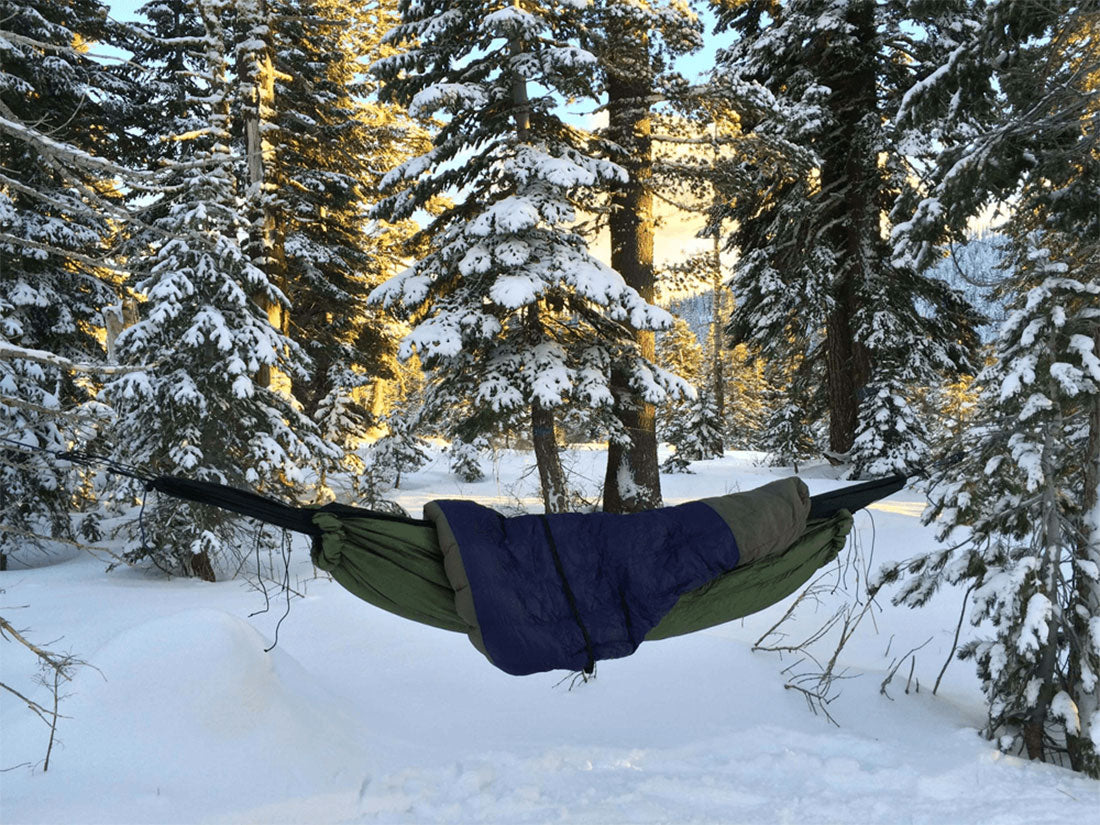
When camping in a tent the temperature inside is warmed by your body heat. Since a hammock is open to the air you will be glad to have a sleeping bag that is a little warmer and have the option to wear warmer clothing as needed.
Pro-Tip: A pair of our medium weight merino wool hiking socks are great for a little extra warmth if your feet are cold at night.
8. Attach a Hammock Under Quilt for Extra Warmth
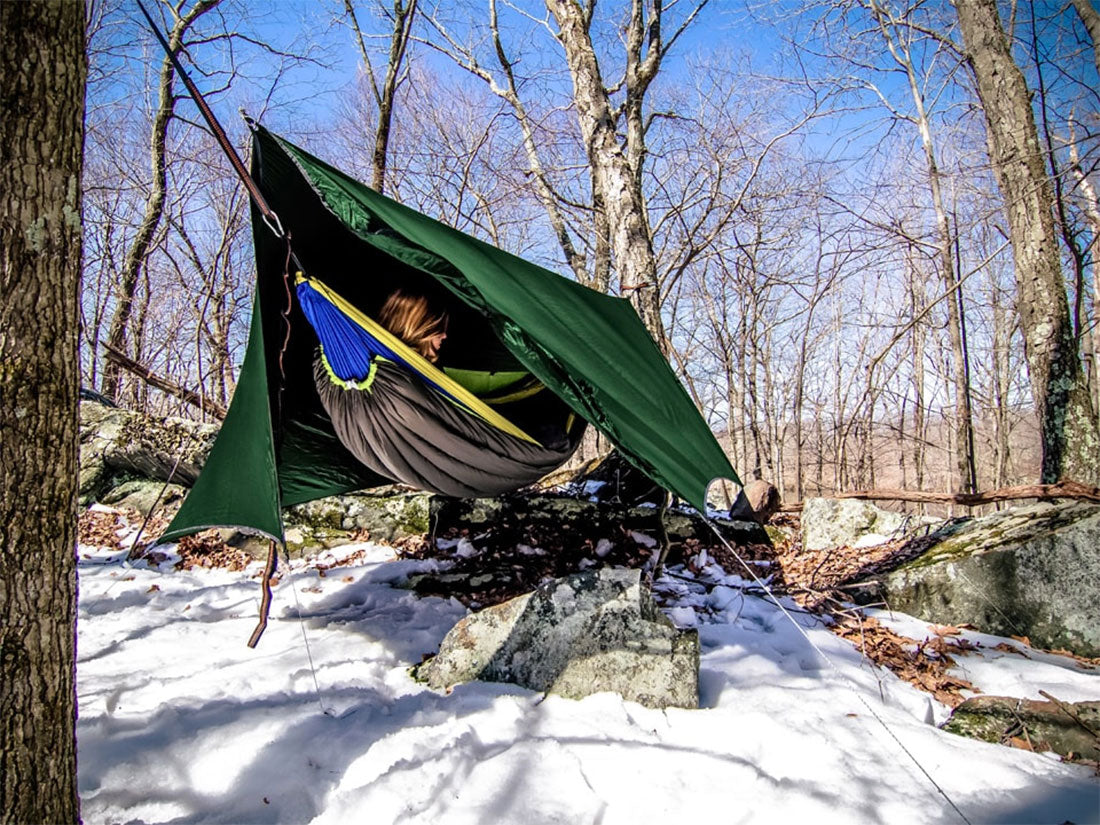
Another way to add extra warmth to your hammock setup is to attach an under quilt. You can find many hammock specific under quilts, or for a simple DIY under quilt, many campers convert an old sleeping bag into an under quilt.
9. Use a Hammock Bug Net
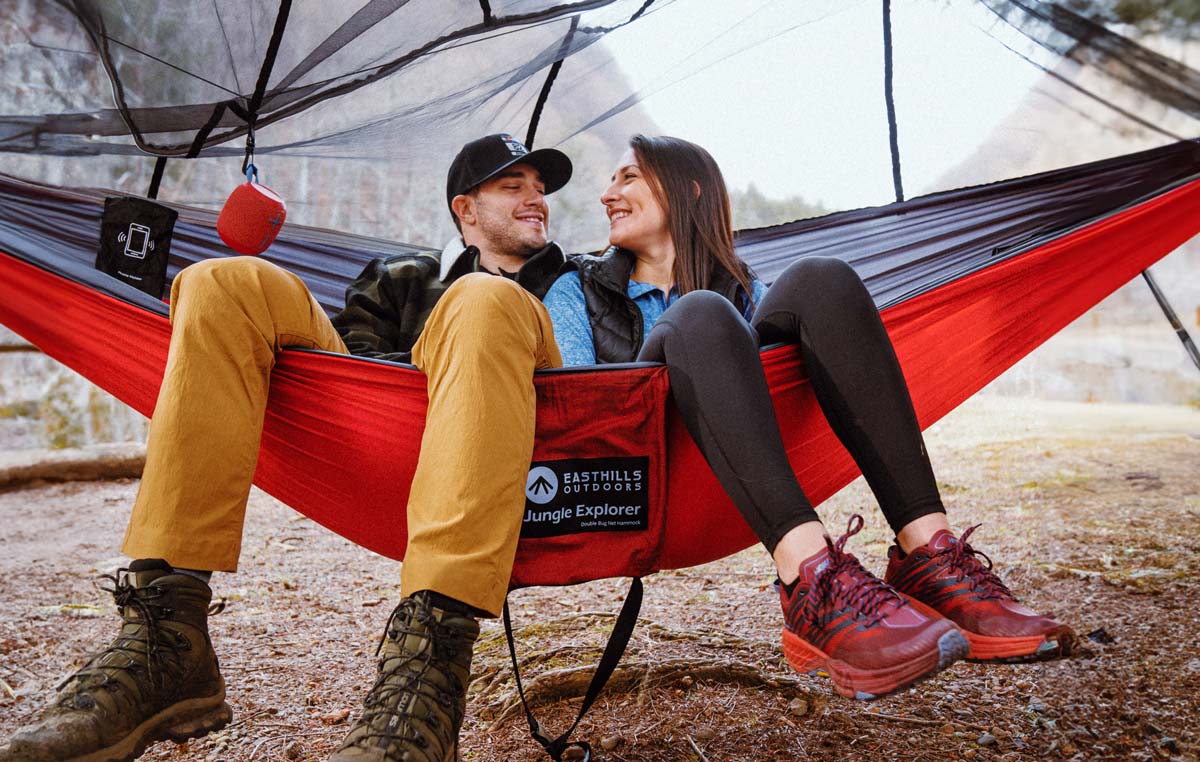
If you are hammock camping during winter a bug net isn't necessary, but during the summer months mosquitos may eat you alive without one. A bug net to cover your hammock will be well worth the investment when the bugs are out.
10. Add a Tarp to Your Hammock Setup
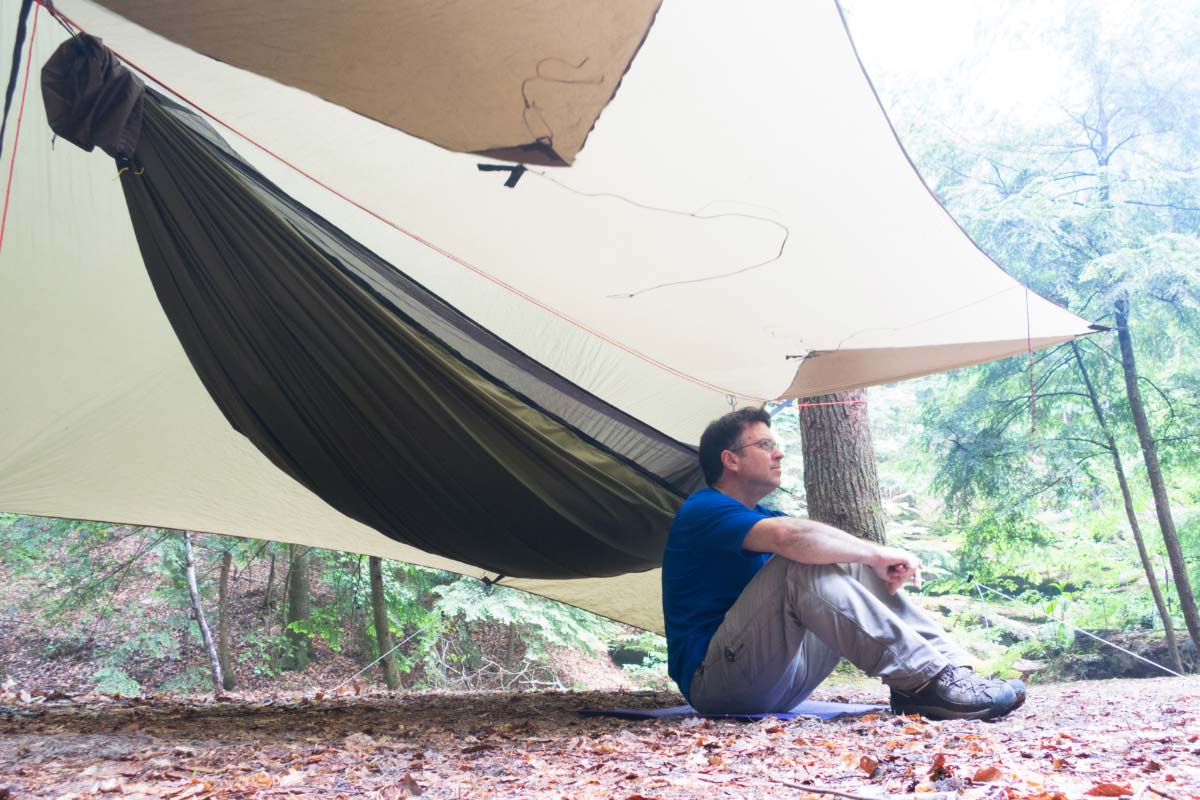
If the skies are clear we love sleeping under the stars, but if it is overcast we keep a hammock tarp at the ready. You can use any tarp or invest in a hammock specific tarp that will be lighter, and often offer a little more protection.

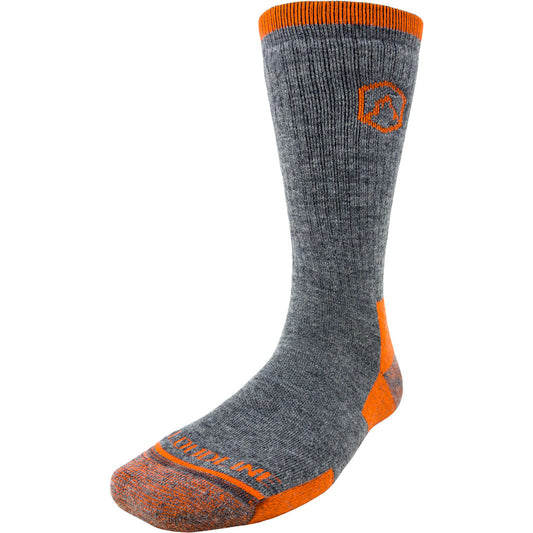
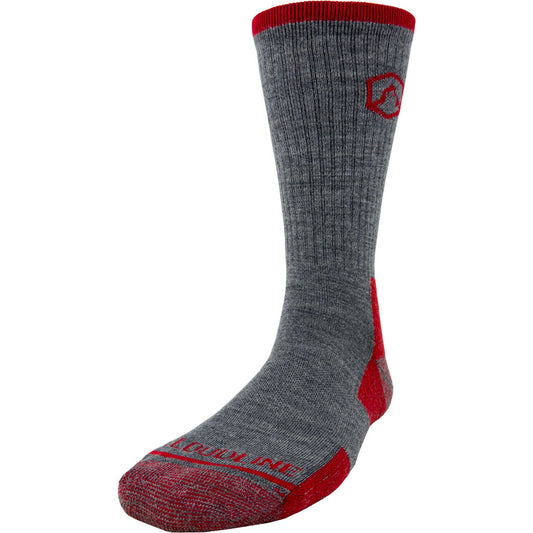
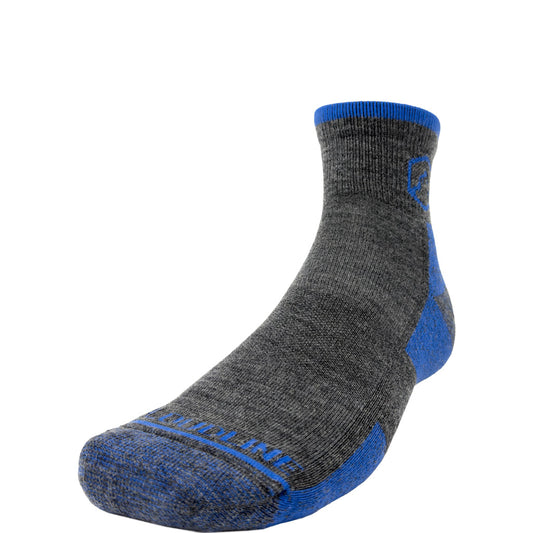
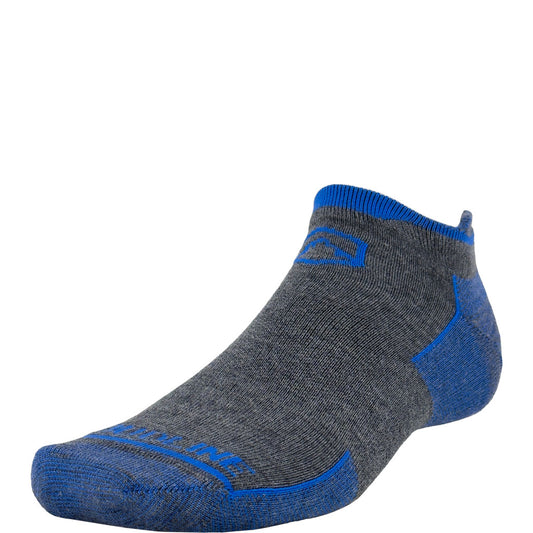
3 comments
Your tarp should extend at least 12" past your hammock on either end to avoid a wet head or feet.
All good points, +1 on hammockforums.net. Tip # 10, not any tarp will do, photo shows one absolutely inadequate for any rain event. Tarp should fully cover both ends of hammock then some.
Great tips !! Thx for sharing the hammock word around & keep your feet off the ground !!